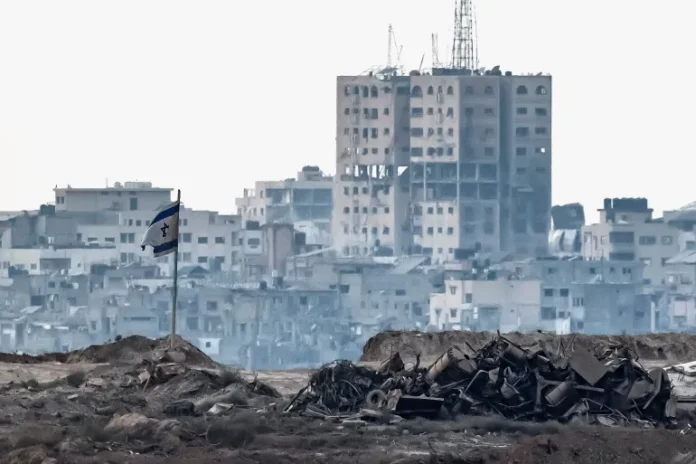UN Raises Alarm Over Settlement Expansion
The United Nations has strongly criticized Israel’s plan to build nearly 7,000 new settlement units in the occupied West Bank, saying the move breaks international law and may count as a war crime. The announcement came after Israeli Finance Minister Bezalel Smotrich confirmed that the project would include large housing developments in the contested E1 area near East Jerusalem. This would further connect Israeli settlements while cutting off Palestinian communities, leaving little room for a future Palestinian state.
Smotrich, who is part of Israel’s far-right political wing, said openly that the project aims to block the creation of a Palestinian state. His words sent a strong message that this construction is not only about housing but also about changing the political map of the region.
Global Condemnation and International Pressure

UN Secretary-General Antonio Guterres asked Israel to stop the process immediately. His office explained that moving Israel’s civilian population into occupied land breaks international law and weakens the hope for a two-state solution. The UN human rights office went further, calling such settlement moves a war crime under international law.
Several countries also reacted with concern. Germany said the plan would make life even harder for Palestinians by cutting the West Bank into separate sections. The European Union’s foreign policy chief Kaja Kallas said it is a breach of law that damages peace efforts. France, the UK, and Canada, which are preparing to recognize Palestinian statehood at the UN General Assembly in September, are likely to view this decision as a direct challenge.
The Strategic Importance of the E1 Corridor

The E1 area east of Jerusalem has long been a major point of dispute. If construction moves forward, it would divide the West Bank into northern and southern parts while isolating East Jerusalem from other Palestinian areas. At present, around 700,000 Israeli settlers live among about 2.7 million Palestinians in the West Bank and East Jerusalem. This imbalance creates daily tensions and further complicates any possible peace plan.
Work on infrastructure could begin within months if the Israeli cabinet gives final approval. Actual construction could start within a year, which makes the UN warning urgent.
Personal Analysis
The debate over settlements has always been central to the Israeli-Palestinian conflict, but this plan feels different because it is so direct in its goal to remove the idea of a Palestinian state. Israel’s leaders are not hiding their intent, and that makes it harder for global actors to ignore. For Palestinians, this could mean losing the last pieces of land that might have formed the base for statehood.
From a broader view, the timing matters too. With several Western nations moving toward recognition of Palestine, Israel’s move looks like an attempt to get ahead of that momentum and shape the map before new diplomatic shifts occur. If construction goes forward, tensions will rise even more, and the hope for peace will likely weaken.
Sources: cnn.com

